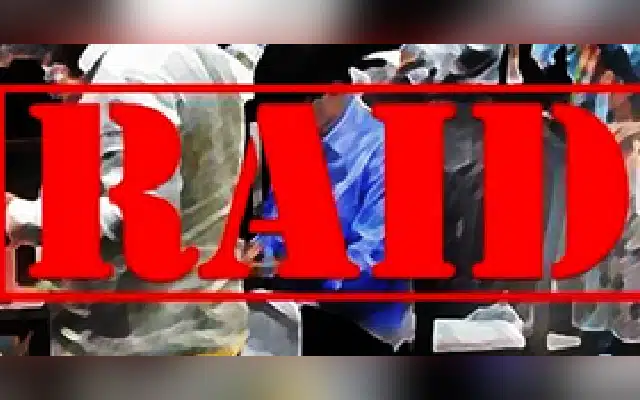New Delhi: India is losing $53.8 billion every year as a consequence of “inadequate sanitation” which includes expenditure on the treatment of water-borne diseases, chief of WASH (Water, Sanitation and Hygiene), Unicef, said here on Monday.
“India is paying a heavy price because of… preventable water-borne diseases: a study from the World Bank published in 2008 shows that the total economic impacts of inadequate sanitation in India was amounting to $53.8 billion per year, equivalent of 6.4 per cent of India’s Gross Development Production in the same period,” a statement from Unicef quoted Nicolas Osbert as saying.
Osbert was one of the speakers at a round table held to release data on the sanitation situation in the country as a step towards championing “Swachhta Hi Seva” campaign of the Union government.
The campaign was started by President Ram Nath Kovind on Friday from Ishwariganj village in Kanpur, which was recently declared free from open defecation.
Citing a World Health Organisation (WHO) study, Osbert said the loss in terms of human life was just as burdensome, with India contributing to 22 per cent of the global deaths due to diarrhoea among under-five children.
“(I)t is estimated that in 2015, 1,17,000 under five children died of diarrhoea alone (WHO – 2015); this is more than 13 children per hour; this is 22 per cent of the global burden with regard to under five mortality due to diarrhoea,” he said.
The pervasiveness of fecally transmitted infections because of insanitation caused by open defecation has impaired the ability of children to absorb nutrients, leading to a total of 39 per cent of children having a stunted growth in the country, he said.
The UN official said that the Indian government’s Swachh Bharat Mission was a “once-in-a-generation” movement to address the “intractable problem” of open defecation.
He cited a study, “recently finalised” by Unicef conducted in 10,000 rural households randomly selected in 12 states, to say that 85 per cent of total households used latrines.
In an open defecation free community, “the financial saving for each household is Rs 50,000 per year.”
Testifying to a “a genuine prioritisation of behaviour change interventions” consequent to Swachh Bharat Mission, he said that behaviour change being a complex issue, the support of “government, civil society, the private sector, the religious leaders, and the media” also have a critical role to play.
















